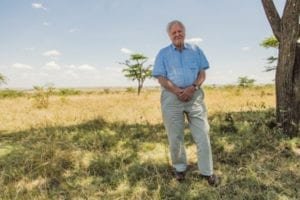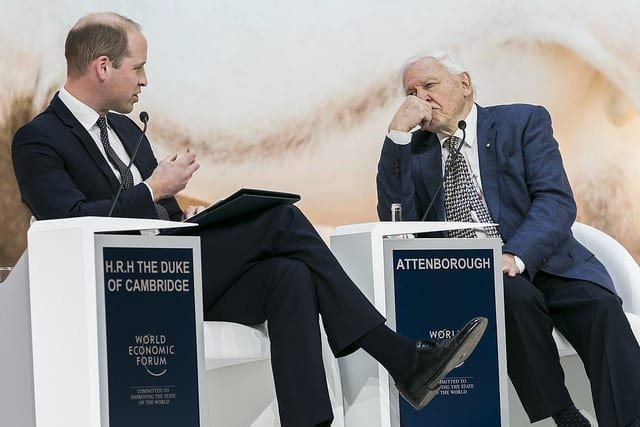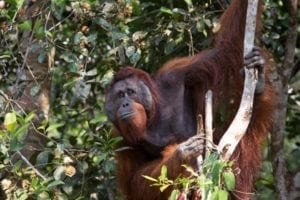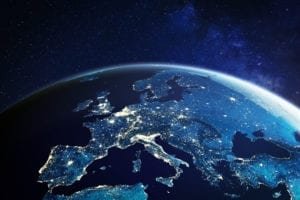Today (10 September), WWF has warned that global wildlife ‘is in freefall’.
Its flagship Living Planet Report 2020 reveals population sizes of mammals, birds, fish, amphibians and reptiles have fallen an average of 68% globally since 1970 – more than two-thirds in less than 50 years.
‘Catastrophic decline’
Nature is being destroyed by humans at a rate never seen before, and this catastrophic decline is showing no signs of slowing, the study says.
Intensive agriculture, deforestation and the conversion of wild spaces into farmland are among the main causes of nature loss, while over-fishing is wreaking havoc with marine life.
The decline has happened even faster than anticipated in 2018, and the conservation charity is warning that without urgent global action, life on Earth will be pushed to the brink.
A path to recovery
This year’s Living Planet Report includes significant new research from a global group of scientists which confirms for the first time the actions that can halt and reverse the downward spiral of wildlife loss.
The research shows that we can only turn things around if ambitious conservation efforts to protect our wildlife are combined with urgent action to stop habitat loss and deforestation – changing our farming and the way we produce our food; tackling food waste and moving to healthier diets and working to restore damaged habitats and landscapes.
With this urgent and ambitious global action in both conservation and the food and agriculture system, it may still be possible to put nature on a path to recovery by 2030.
In the UK, WWF is campaigning for tough new nature laws to protect and restore wildlife at home and abroad as a crucial part of the global response.
‘We are wiping wildlife from the face of the planet, burning our forests, polluting and over-fishing our seas and destroying wild areas. We are wrecking our world – the one place we call home – risking our health, security and survival here on Earth. Now nature is sending us a desperate SOS and time is running out.
‘We are in a fight for our world: we now know what needs to be done, and paper promises won’t be enough. In the UK we need to fast-track tough new nature laws that protect our wildlife at home and abroad, and with the COP26 summit in Glasgow next year the Government has a huge opportunity to show global leadership in securing urgent commitments and action from world leaders.
‘Only by putting the environment at the heart of our decision making can we build a safe and resilient future for nature, people and our planet.’
TANYA STEELE
Chief executive at WWF
‘Conservation works’
The Living Planet Report is based on data from the Living Planet Index produced by ZSL.
The report and index reveal a 94% decline in average size of monitored wildlife populations in Latin America and the Caribbean – the largest drop anywhere in the world.
Freshwater species populations have seen a steep decline of 84%, including the critically endangered Chinese sturgeon in the Yangtze river (down 97%).
 Play Video about This Rock Might Just Save The World
Play Video about This Rock Might Just Save The World Play Video about Play 2 hours of rock
Play Video about Play 2 hours of rock Play Video about Play 2 hours of brook
Play Video about Play 2 hours of brook Play Video about Play 2 hours of sheep
Play Video about Play 2 hours of sheep















































